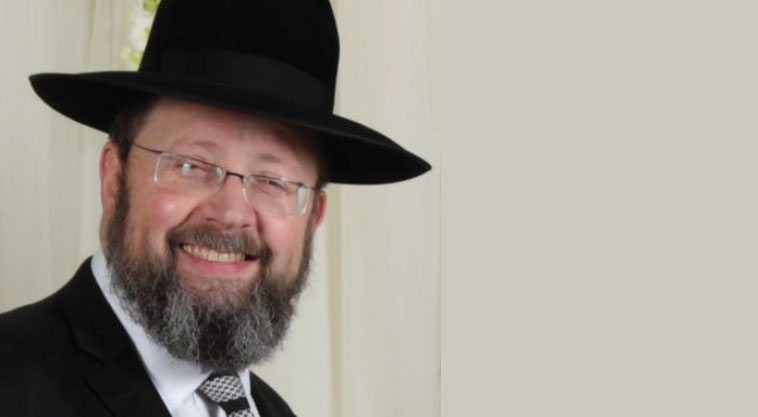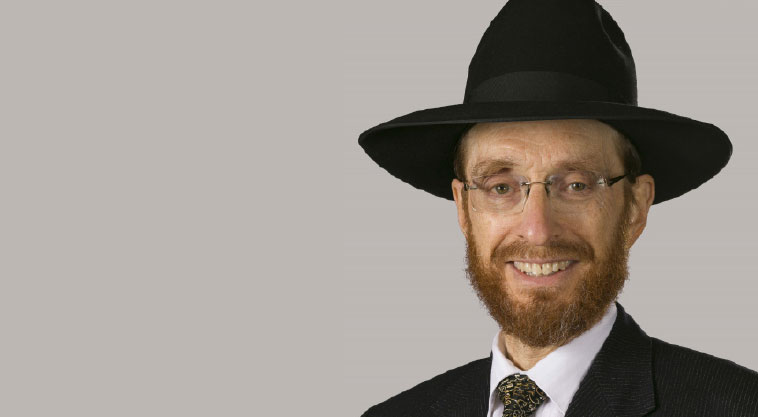Shared Space: Chapter 9


"E
very day is a good day to be alive, whether the sun is shining or not.”
Leizer Klagsbrin read the words off his phone, intoning each one as if reading off the winning lottery numbers. He’d subscribed to some list that texted him an inspirational quote every morning, a sugary little aphorism about sunshine and smiles and willpower, usually with pictures of sunflowers and waterfalls in the background. Leizer would forward them to his friends, certain that all they were missing as they sat in traffic jams or fought with clients or struggled with the mortgage were these little adages.
“Beautiful,” Bruchie said, not because she thought so, but because she knew how happy it made him. He grinned and wished her a good day. Bruchie watched her husband head to his truck and smiled at his back.
He saw the sunshine, she had to admit. Leizer looked for reasons to be upbeat, and over the years, his attitude had rubbed off on her. Like this whole Lakewood thing.
She was a Williamsburg girl through and through, and Leizer was from Monroe. She’d been happy in Williamsburg, but Leizer had been set on Lakewood: a bigger house, more work opportunities, a backyard for the children.
Bruchie had resisted, at first, but now she had to admit he’d been right. He’d promised her they’d live in a development that would feel just like Williamsburg, and just as he’d promised, Homestead Heights was filled with families like theirs. The house was bright and spacious, with no superintendent or creaky elevator or weird smells in the hallway. Her whole family had come for Succos and they’d been astonished by the huge porch and the brand-new playground 50 feet from her front door.
She knew, though, that under Leizer’s sunflowers and sun-dappled meadows, he was wondering where his pot of gold was. She’d gotten the house and neighborhood, but he was still doing odd jobs, adding doors, converting garages into bedrooms, and putting together stuff from Ikea for people who could not (and, she’d discovered, there weren’t too many people in Lakewood who could), but he hadn’t yet found the glory jobs he’d predicted for himself. He wanted to do real renovations; to be a contractor, a builder. Lakewood was the place, he’d been told — it was just a matter of time.
“It might be stormy now,” he liked to say, “but it can’t rain forever.”
“Hey, Kivi, just calling to check in. Call me back when you have a second.” Aryeh’s message was cheery and unconcerned.
Kivi walked through the yeshivah parking lot, got into the car, and debated if he should call his brother-in-law back. What would Wagner say? Was this the way it was going to be, Aryeh calling three times a day to “check in” and then report back to Tatty?
He dutifully dialed. “Hi, Aryeh.”
“What’s doing, Kivi, hope you’re doing well. Listen, I spoke to Tatty, told him you decided to go with the house, he’s happy, we’re all looking forward. I was thinking, Tatty was thinking, you’ll need some money to make things happen, we get that, and stam, to live, consider it a salary. So listen, Kivi, text me your account number and we’re going to wire money over, it should be able to provide for whatever needs to be done with the property and also for you to take out what you need every month. You can figure that out on your own, or we can discuss, whatever you’d like. No pressure either way. We’re really excited.”
(Excerpted from Mishpacha, Issue 674)
Oops! We could not locate your form.





